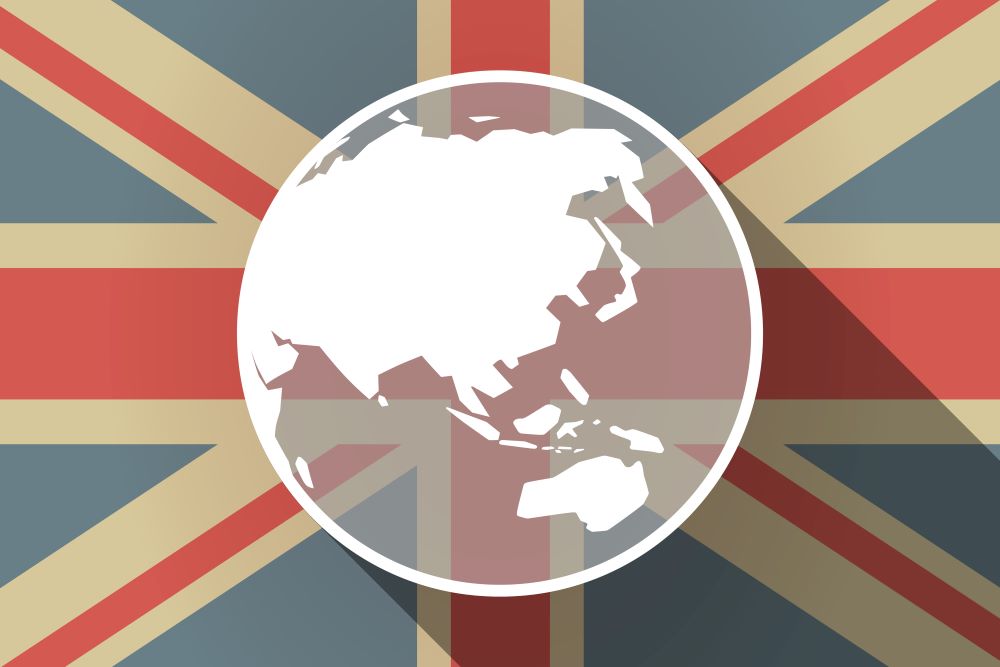
The government has today (16 March) published the findings of its year-long review into post-Brexit foreign policy and has signalled a shift in focus towards the Indo-Pacific to boost trade and security.
The 100-page report, titled ‘Global Britain in a Competitive Age’, describes the region as “increasingly the geopolitical centre of the world”.
China – a ‘systemic challenge’
The paper also describes Russia as the UK’s number one threat and China as a “systemic challenge”.
However, the UK will seek to tread a fine line in its relationship with the latter, balancing security and human rights concerns with a desire to deepen trade ties.
‘Calibrated approach’
Foreign Secretary Dominic Raab, told Sky News that the UK would take a “calibrated approach” to dealing with Beijing.
He said China “is here to stay, it is a disproportionately large and growing economic power. Of course, jobs rely on it in this country, we want to continue to trade and investment is important”.
Security
The Times reports recommendations that sensitive sites and technology should be made more secure to allow Britain to trade with China without compromising security.
The suggestion follows last year’s decision to remove all telecoms equipment produced by Chinese company Huawei from UK 5G networks by 2027.
'Positive economic relationship'
According to government figures, UK exports to China were worth £30.7bn in 2019, with imports worth £49bn.
Trade between the two countries grown significantly over the last two decades, with China now the UK’s sixth largest export market, up from 26th in 1999.
China is recognised as “an increasingly important partner in tackling global challenges like pandemic preparedness, biodiversity and climate change”, in the foreign policy report.
It adds: “We will continue to pursue a positive economic relationship.”
India trip
The importance of the so called “Indo-Pacific tilt” in British ambitions can be seen in Boris Johnson’s decision to make India the destination of his first major international trip post-Brexit.
The PM will visit at the end of April as part of efforts to boost the UK’s opportunities in the region, the Hindustan Times reports.



